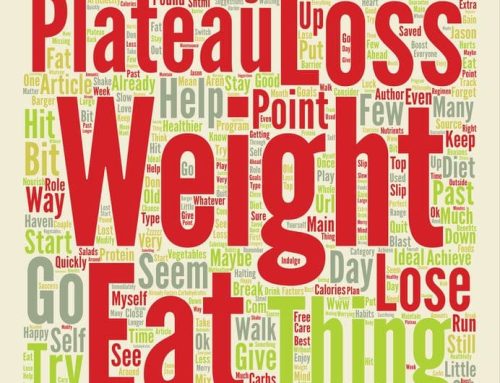Nutrition should come from eating healthy foods, not downing a handful of expensive and possibly harmful supplements.
Many studies show that good nutrition is the key to health and that supplements are ineffective at best and harmful at worst.
The State of Nutrition
- In 2015, only 12.2 percent of Americans met the recommendations for eating fruit, and just 9.3 percent ate enough vegetables.
- Research proves that eating enough fruits and vegetables as part of an overall healthy diet reduces the risk of many chronic diseases, including cardiovascular disease, type 2 diabetes, some cancers, and obesity.
- Meanwhile, 75 percent of U.S. adults take a dietary supplement of some kind.
- We spend more than $30 billion a year on these pills and capsules that promise health.
Here’s the bottom line: Getting adequate nutrients from food reduces risk of death. But, the same cannot be said for nutrients in pill form. And in fact, some supplements were linked to increased risk of death.
Why Do So Many Take the Pill Instead of Eating Healthy?
While it might be easy to blame people for being lazy and wanting the convenience of a pill over the more complicated nuances of eating a well-balanced diet, perhaps it’s not that straightforward.
- We live in a country where convenience and fast food reign supreme.
- We want immediate gratification in all areas of our lives.
- We look for shortcuts and magic bullets.
- Supplement manufactures spend millions of dollars to entice us to believe in the magic of their miracle products.
- For some, convenience is most important, so they live on fast-food even though they know it’s not healthy.
- Others want to be healthy, but are confused by the constant stream of conflicting research about what’s healthy and what’s not.
- So many people conclude “Why not double down by taking vitamins?”
New Healthy Nutrition Study by Tufts University
Now a new study from Tufts University supports the existing research and reaches this simple conclusion: “Use of dietary supplements is not associated with mortality benefits among U.S. adults.”
- The study looked at data from more than 27,000 U.S. adults, 20 years old and up, to measure the links between dietary supplement use and death from all causes, cardiovascular disease, and cancer.
- They analyzed whether consuming adequate or excess nutrients was associated with death and if the source of those nutrients – food versus supplements – had any effect on the associations.
Tufts Study Findings
Main finding: Getting enough of certain nutrients is associated with a reduction in all-cause mortality when the nutrient source is foods, but not supplements. There was no connection between dietary supplement use and a lower risk of death.
Specific Findings
The connection between nutrient intake and the risk of death:
• Adequate intakes of vitamin K and magnesium were
associated with a lower risk of death;
• Adequate intakes of vitamin A, vitamin K, and zinc were associated with a
lower risk of death from cardiovascular disease; and
• Excess intake of calcium was associated with higher risk of death from
cancer.
When sources of nutrient intake (food vs. supplement) were evaluated, the researchers found that:
• The lower risk of death associated with adequate nutrient
intakes of vitamin K and magnesium was limited to nutrients from foods, not
from supplements;
• The lower risk of death from cardiovascular disease associated with adequate
intakes of vitamin A, vitamin K, and zinc was limited to nutrients from foods,
not from supplements; and
• Calcium intake from supplement totals of at least 1,000 mg/day was associated
with increased risk of death from cancer but there was no association for
calcium intake from foods.
Statement from Study’s Author
Fang Fang Zhang, M.D., Ph.D., associate professor at the Friedman School of Nutrition Science and Policy at Tufts University summarized the results as follows:
- Our results support the idea that, while supplement use contributes to an increased level of total nutrient intake, there are beneficial associations with nutrients from foods that aren’t seen with supplements.
- This study also confirms the importance of identifying the nutrient source when evaluating mortality outcomes.
So we here are. Eating nutritionally insipid food and trying to make up for it by taking supplements that appear to be doing more harm than good.
The solution seems so easy: Eat more fruits and vegetables. Now just make it happen. Pills are not a substitute.
Click here to read full article about nutrients from food versus supplements.







